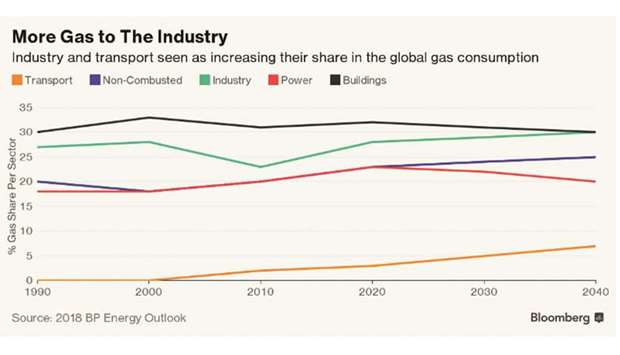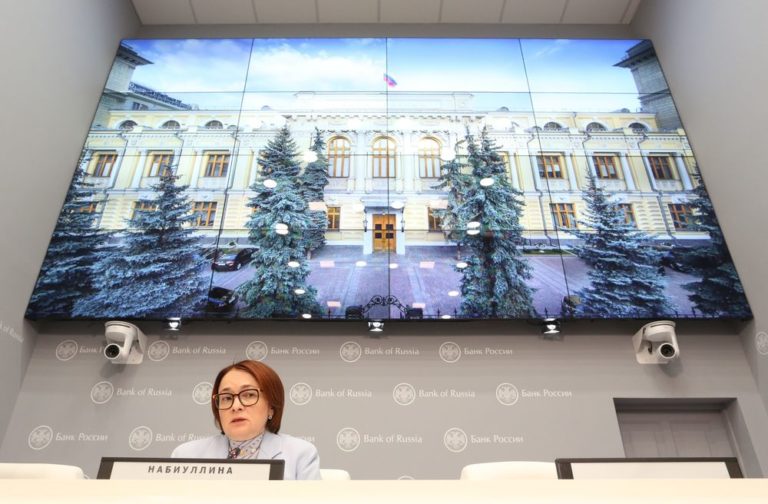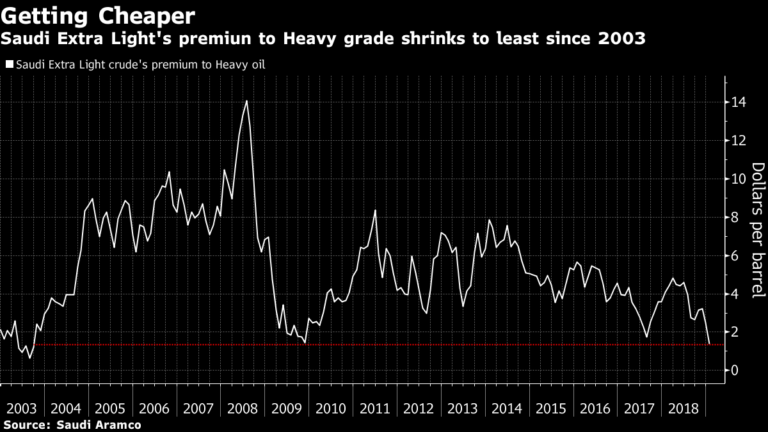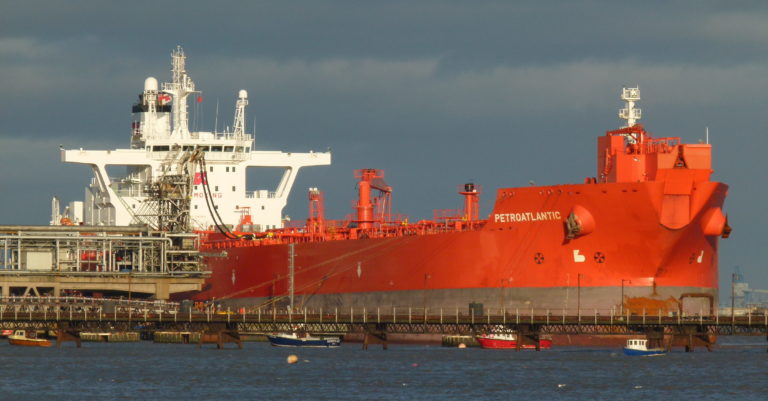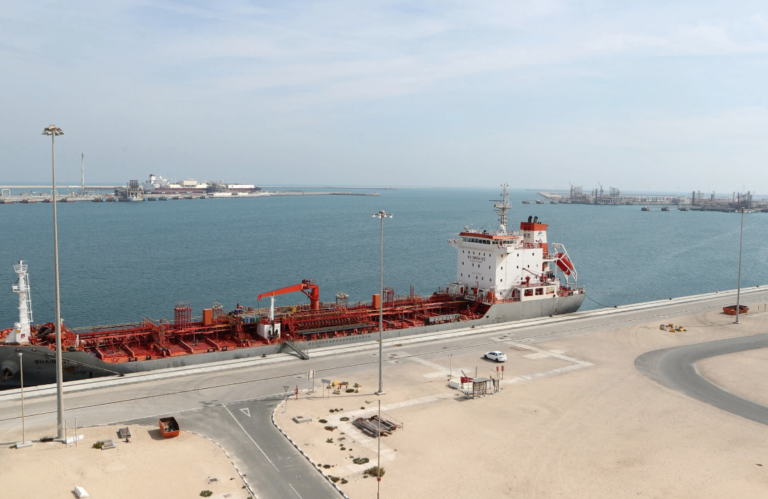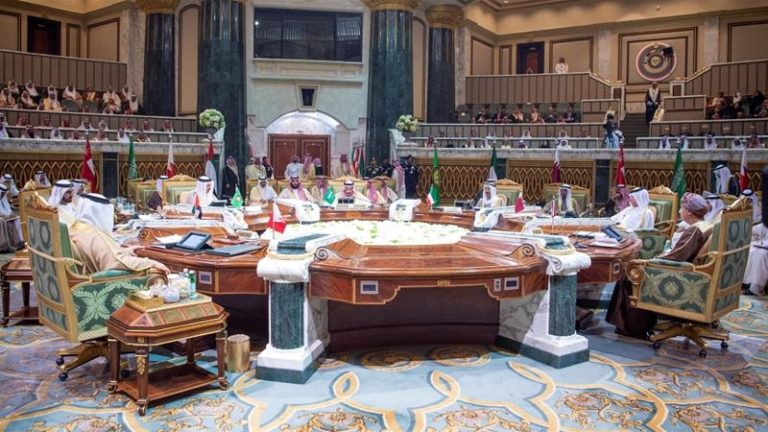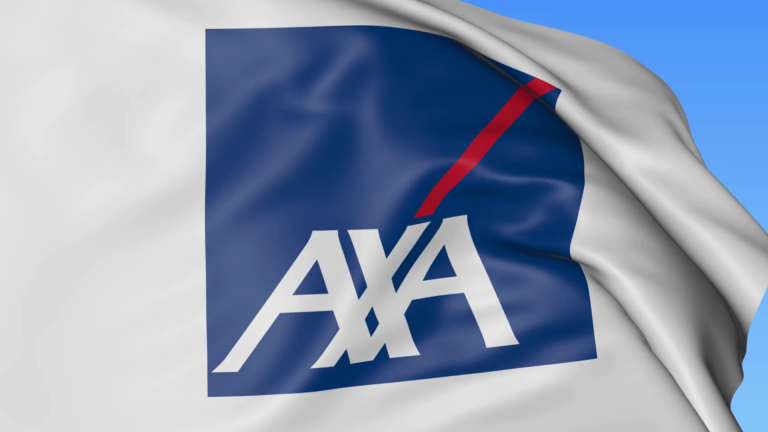IEA: Too early to tell if Opec+ oil supply reductions will succeed
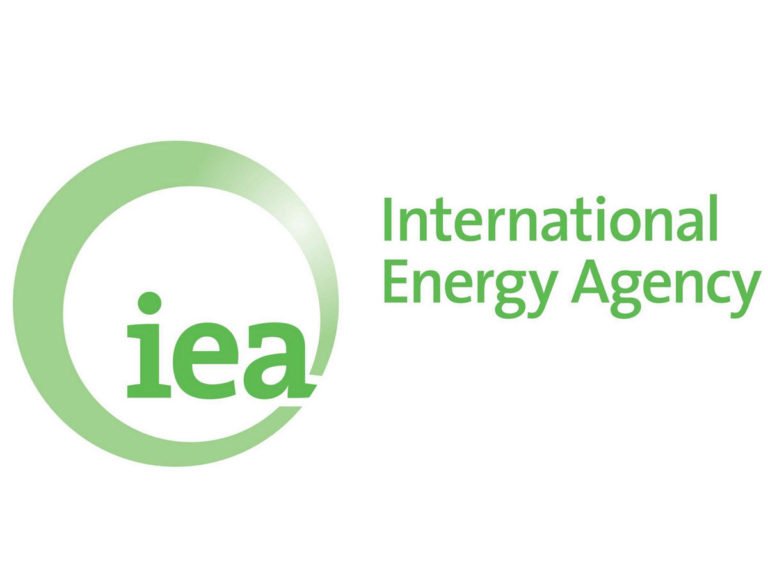
The International Energy Agency said it’s too early to tell whether oil-supply cuts announced by OPEC and its allies last week will succeed in balancing global markets.
Even if the Organization of Petroleum Exporting Countries and its partners reduce production as promised, there could be some surplus in 2019, according to a monthly report from the agency. The IEA slashed its forecast for new supplies outside OPEC next year because of a lower outlook for Russia — which is cooperating with OPEC — and Canada, which is separately suppressing output to deplete brimming inventories.
“Time will tell how effective the new production agreement will be in rebalancing the oil market,” said the Paris-based IEA, which advises most of the world’s major economies on energy policy. “Stocks have been building with the potential for significant oversupply next year.”
Too Early to Tell
OPEC’s cuts may not eliminate the surplus, but further losses from Iran and Venezuela could further shift the market’s balance, the IEA says
Note: Both sets of figures still include production from Qatar, which will leave OPEC next month
Oil prices remain stuck in a bear market, trading near $60 a barrel in London, despite the agreement by the 24-nation coalition known as OPEC+ to curb production by 1.2 million barrels a day. Traders are speculating that the cutbacks aren’t deep enough, and that booming U.S. shale production will unleash a new surplus.
At just over 33 million barrels a day in November, OPEC is pumping well in excess of the 31.6 million a day the IEA estimates is required on average next year. Even if the coalition delivers its pledged cutback in full, it might not be enough to check a glut, though the IEA noted the potential for continued declines in supply from Iran and Venezuela.
OPEC Report
OPEC’s own monthly report, published Wednesday, presented similar findings. While the cuts might be sufficient to keep supply and demand in balance in the first half of next year, the coalition may need to almost double the reduction in the fourth quarter, data from the report indicated.
The IEA assumes that Russia will participate in the cutbacks as agreed, and lowered projections for non-OPEC supply accordingly. The non-OPEC outlook was also reduced as the Canadian province of Alberta dials back output to clear a backlog that’s clogging up local infrastructure.
Non-OPEC oil production is now forecast to increase by 1.5 million barrels a day in 2019, down 22 percent from the 1.9 million a day estimated in last month’s report. Forecasts for global oil demand were kept unchanged.
Supply growth outside OPEC, which is driven by the U.S. shale-oil industry, is also being constrained as the construction of pipelines and other infrastructure fails to keep up with surging output at the Permian Basin and Bakken formation.
Despite the reduced supply outlook, the IEA report showed how OPEC’s task of keeping markets balanced remains formidable.
Stockpiles Grow
Oil inventories in developed nations are above average levels again, after increasing for a fourth month in October. They stood at 2.87 billion barrels, the highest since January.
Although the IEA had warned OPEC that efforts to boost prices could hurt the global economy, the report didn’t criticize the group’s strategy.
Just last month IEA Executive Director Fatih Birol said that output curbs risked tightening markets excessively, having previously cautioned that prices had approached the “red zone” that inflicts damage on economic growth.
“Recently, prices have been volatile,” the agency said in its latest report. OPEC is due to meet again in April, “and we hope that the intervening period is less volatile.”

